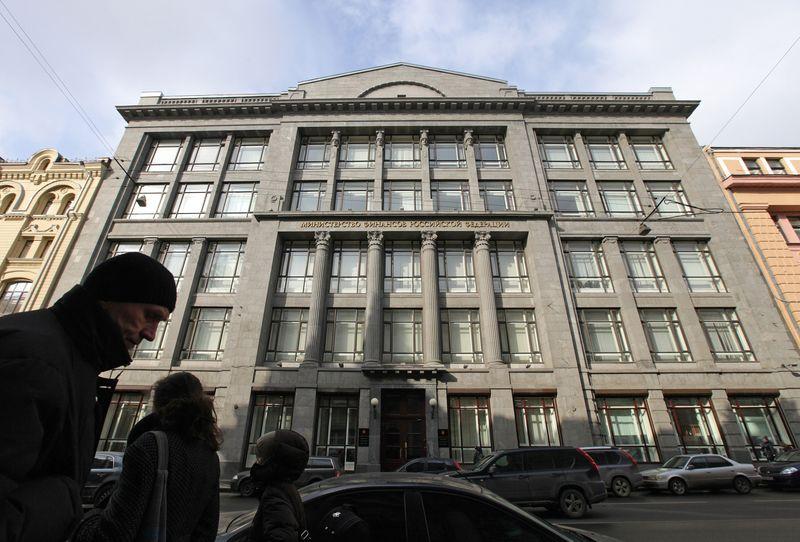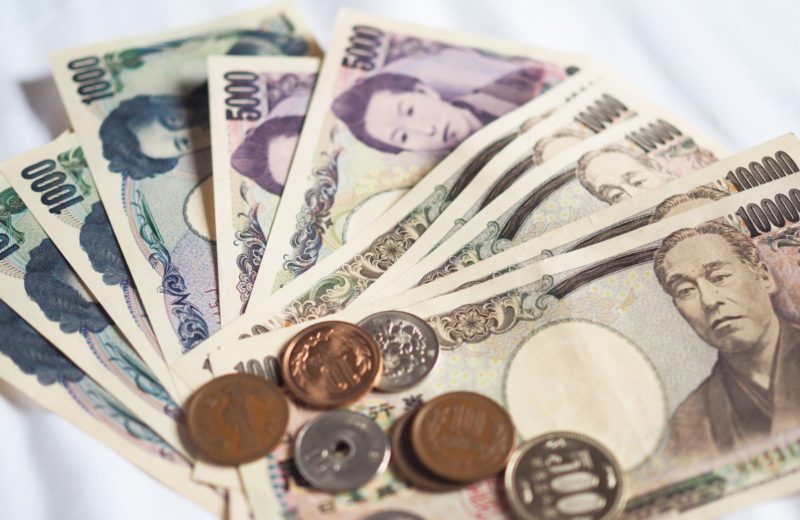The recession fears in the United States are growing day by day. The Gulf’s major stock markets performed in early trade on Thursday.
U.S. consumer confidence sank to a nine-month low in April as fears intensified. The lack of a hopeful prognosis boosted the possibility of the economy plunging into recession this year.
Saudi Arabia’s benchmark index (.TASI) fell 0.3%, snapping a six-day winning streak. Besides, Al Rajhi Bank (1120. SE) fell 1.7%. Profits were lower than in the previous quarter but higher than around the same season last year.
Investors remain concerned that more interest rate increases may hinder economic development. Such worries have solid ground. Inflation-fighting central banks seem to be losing the battle.
The majority of Gulf Cooperation Council nations decided to link their currencies to the US dollar. Notably, those are the economic giants such as Saudi Arabia, the United Arab Emirates, and Qatar. Furthermore, they are closely following the Fed’s policy movements, exposing the area to monetary tightening in the world’s largest economy.
The Abu Dhabi index (.FTFADGI) rose 0.5%.
UAE oil politics enhance the economic stability
Oil prices, a crucial driver of the Gulf’s financial markets, increased marginally. Nonetheless, it found some support following severe losses in the previous two sessions. The worries of a US recession and a boost in Russian oil shipments caused such an occurrence. The ongoing scene partially masked the impact of OPEC production cutbacks.
Dubai’s main stock index (.DFMGI) is up 0.4%, with top lender Emirates NBD (ENBD.DU) up 1.9%.
Separately, the UAE is offering 1.1 billion in local currency dirhams ($299.6 million) to strengthen Islamic bonds. According to state news agency WAM, it is an effort to expand the country’s Islamic financial markets.
Doha Bank (DOBK.QA) fell around 4% after reporting a drop in first-quarter profit. The drop caused the Qatari index (.QSI) to fall by 0.1%.
















